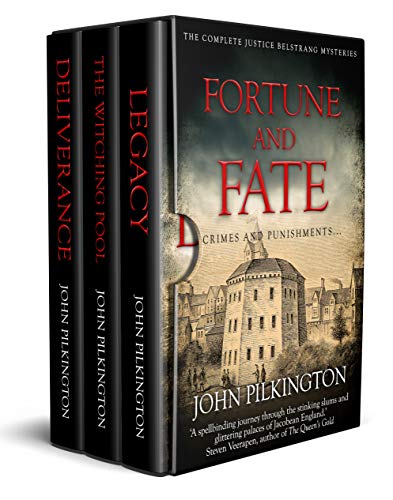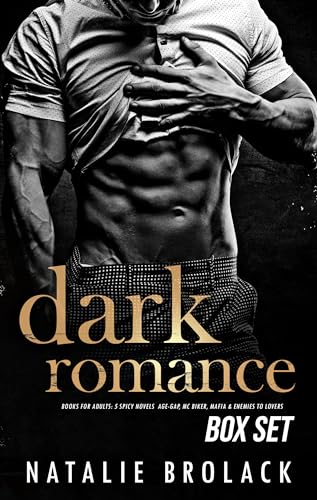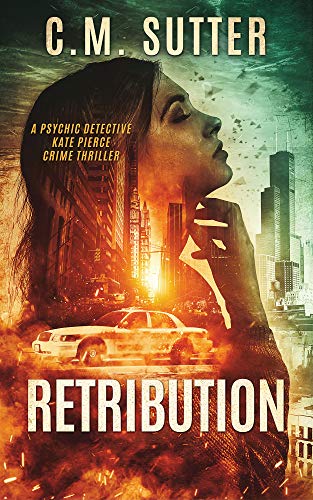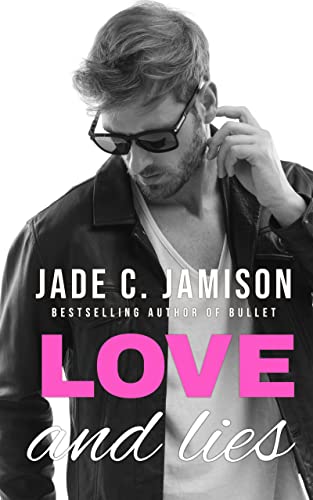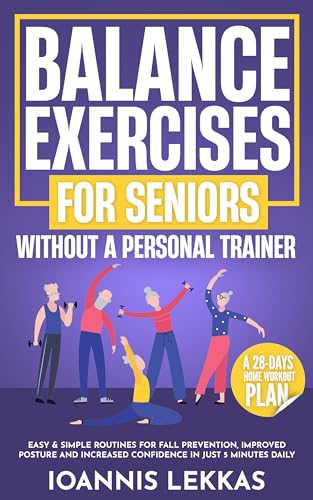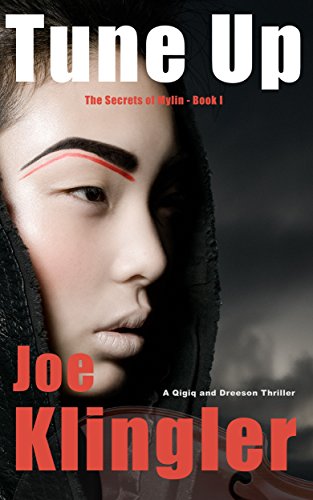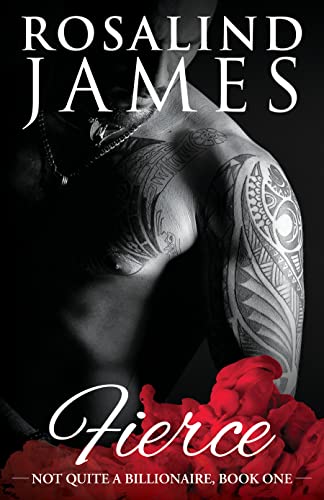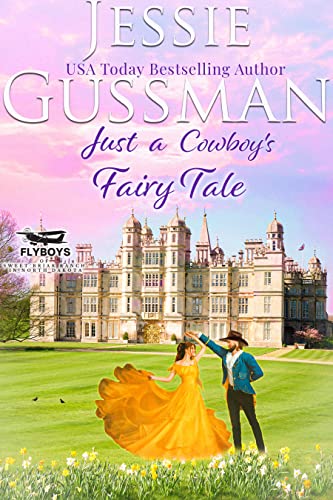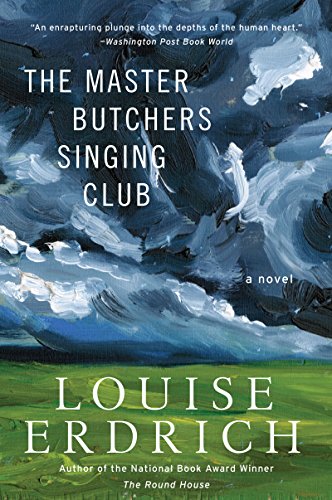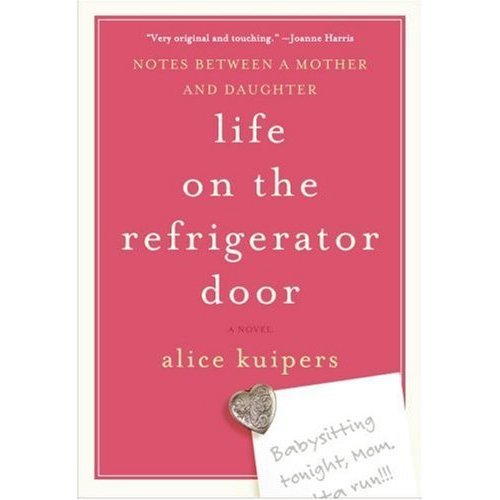By Stephen Windwalker, Editor of Kindle Nation Daily
In these early days of Apple Pricing and Agency Model for the iBooks Store, which are also defining prices in the Kindle Store, it makes sense to pay even closer attention than usual to pricing trends. While the breakdown of books has not changed much at the price point ranges we’re monitoring here, there are some significant trends beginning to show. The number of books in the Kindle Store has increased by about a thousand titles a day since we last checked, to just over 487,000. The percentage of books at all price point ranges from zero to $9.99 remains virtually unchanged, but here’s what we are seeing at the three price point ranges we are tracking above $9.99:
- the percentage of Kindle Store books priced from $10 to $12.99 has risen from 1.24% to 1.55%, which is a 25% increase within the group and jump from 5,952 to 7,537 books;
- the percentage of Kindle Store books priced from $13 to 14.99 has fallen from 2.95% to 2.69%, a decline of nearly 10% within the group; and
- the percentage of Kindle Store books priced at $15 and up has fallen from 18.64% to 18.46%, which is not a significant change.
It may be early to seek meaning in this realignment, but it may suggest that new-release publishers who are trying to pay attention to the price elasticity of demand are taking the logical step of moving gradually away from earlier talk of prices over $12.99 as they see declining sales at $13 and up. Logical conclusions may seem unlikely in the upside-down and backwards world of ebook pricing that Steve Jobs has foisted upon us, but it’s always a possibility.
It’s also worth looking at the price-point breakdown of the top 100 titles in the Kindle Store bestseller list. As of April 1:
- 51 of the 100 bestselling ebook titles in the Kindle Store were at or about zero;
- another 44 were priced between a dollar and $9.99, inclusive;
- another 2 were priced between $10 and $12.99; and
- 2 more were priced between $13 and $14.99.
By comparison, this morning:
- the number of free books among the top 100 sellers has made a significant climb to 61, and if the books that were free over the weekend still showed a zero price that number would probably be over 70;
- bestsellers priced between a dollar and $9.99 have fallen by over a third to 28;
- the number of bestsellers priced between $10 and $12.99 has jumped from 2 to 7; and
- the number of bestsellers priced between $13 and $14.99 remains at 2.
The two primary conclusions I draw from this are certainly not earthshaking:
- the jump in free bestsellers among the top 100 is similar to what we saw immediately after the Kindle’s peak shipping period during the December 2009 holiday season, and is a signal that significant numbers of new iPad owners visited the Kindle Store during the last few days and loaded up on free books there; and
- Kindle Store customers are showing some willingness to pay over $9.99 for new release titles they really want to read, but are pretty resistant to prices over $12.99.
Here’s a price breakdown of the 487,715 book titles in the Kindle Store as of 9 a.m. EDT on April 7, 2010:
- 20,620 Kindle Books Priced “Free” (4.23%)
- 4,709 Titles Priced from a Penny to 98 Cents (0.97%)
- 46,360 Kindle Books Priced at 99 Cents (9.51%)
- 69,846 Kindle Books Priced from $1 to $2.99 (14.32%)
- 94,891 Kindle Books Priced from $3 to $4.99 (19.46%)
- 86,924 Titles Priced from $5 to $9.98 (17.82%)
- 53,705 Titles Priced at $9.99 (11.01%)
- 7,537 Titles Priced from $10 to $12.99 (1.51%)
- 13,124 Titles Priced from $13 to $14.99 (2.69%)
- 90,011 Titles Priced at $15 and Up (18.46%)
Here’s where we stood with the 480,238 book titles in the Kindle Store on April 1:
- 20,620 Kindle Books Priced “Free” (4.29%)
- 4,706 Titles Priced from a Penny to 98 Cents (0.98%)
- 43,993 Kindle Books Priced at 99 Cents (9.16%)
- 68,807 Kindle Books Priced from $1 to $2.99 (14.33%)
- 93,706 Kindle Books Priced from $3 to $4.99 (19.51%)
- 85,612 Titles Priced from $5 to $9.98 (17.83%)
- 53,124 Titles Priced at $9.99 (11.06%)
- 5,952 Titles Priced from $10 to $12.99 (1.24%)
- 14,158 Titles Priced from $13 to $14.99 (2.95%)
- 89,525 Titles Priced at $15 and Up (18.64%)
Here’s where we stood with about 463,000 Kindle Store titles on March 10:
- 20,125 Kindle Books Priced “Free” (4.34%)
- 2,588 Titles Priced from a Penny to 98 Cents (0.56%)
- 39,095 Kindle Books Priced at 99 Cents (8.44%)
- 64,105 Kindle Books Priced from $1 to $2.99 (13.84%)
- 90,580 Kindle Books Priced from $3 to $4.99 (19.55%)
- 84,055 Titles Priced from $5 to $9.98 (18.15%)
- 53,697 Titles Priced at $9.99 (11.56%)
- 5,793 Titles Priced from $10 to $12.99 (1.25%)
- 13,731 Titles Priced from $13 to $14.99 (2.96%)
- 89,448 Titles Priced at $15 and Up (19.31%)
And were’s where we stood with about 447,000 Kindle Store titles on February 25:
- 19,795 Kindle Books Priced “Free” (4.42%)
- 3,023 Titles Priced from a Penny to 98 Cents (0.67%)
- 36,370 Kindle Books Priced at 99 Cents (8.12%)
- 62,275 Kindle Books Priced from $1 to $2.99 (13.9%)
- 87,722 Kindle Books Priced from $3 to $4.99 (19.58%)
- 81,230 Titles Priced from $5 to $9.98 (18.13%)
- 55,269 Titles Priced at $9.99 (12.34%)
- 5,139 Titles Priced from $10 to $12.99 (1.15%)
- 9,331 Titles Priced from $13 to $14.99 (2.08%)
- 87,771 Titles Priced at $15 and Up (19.59%)

